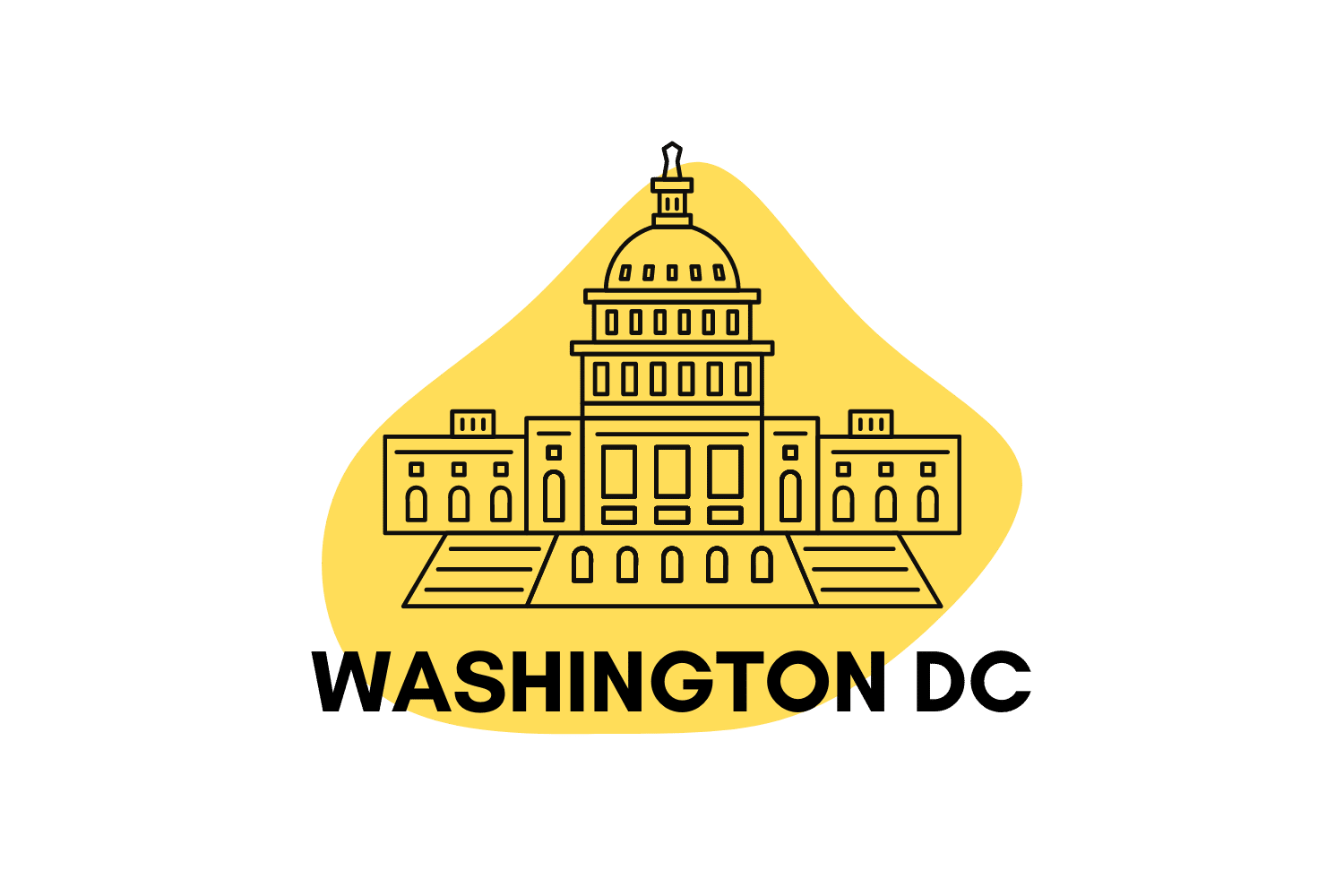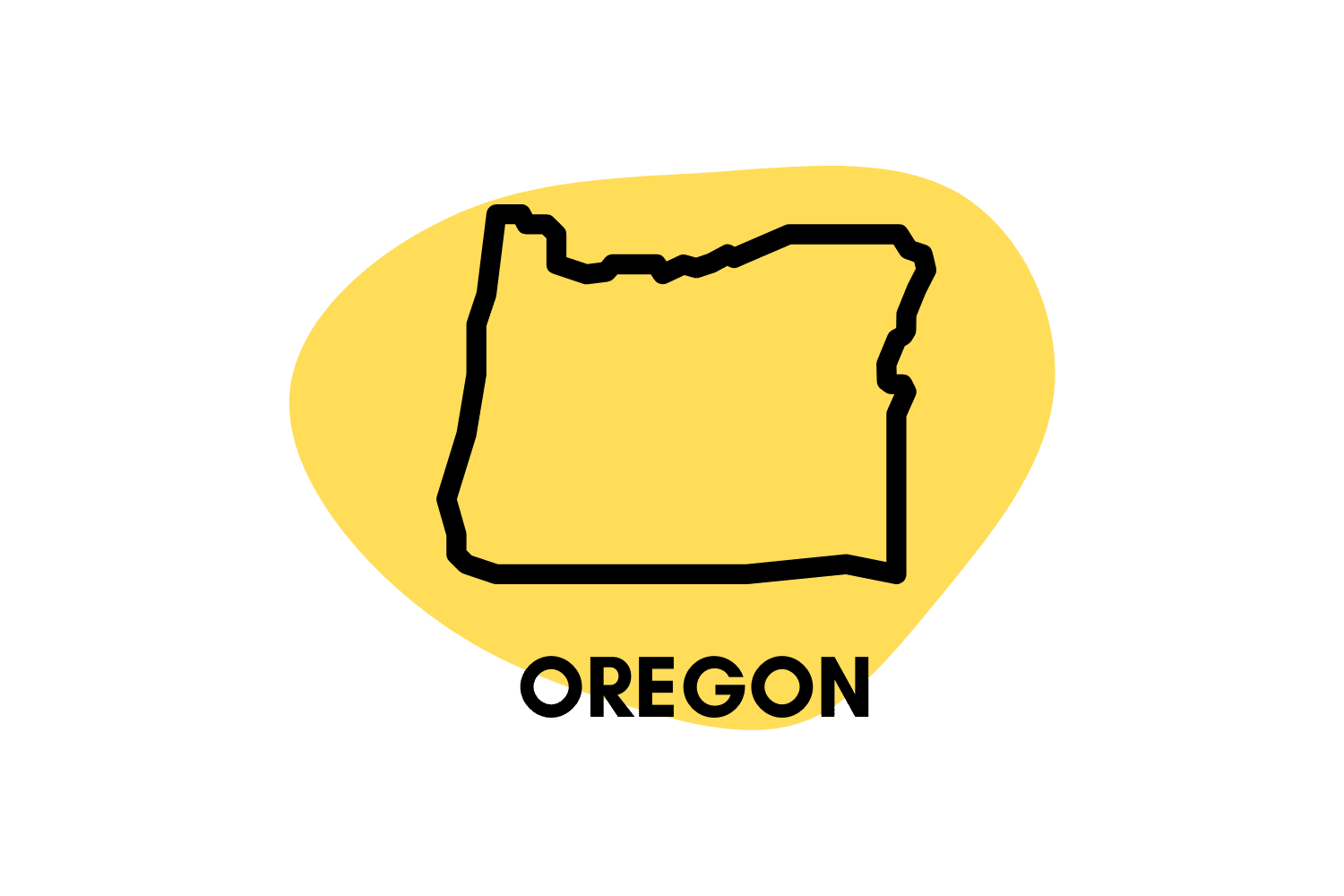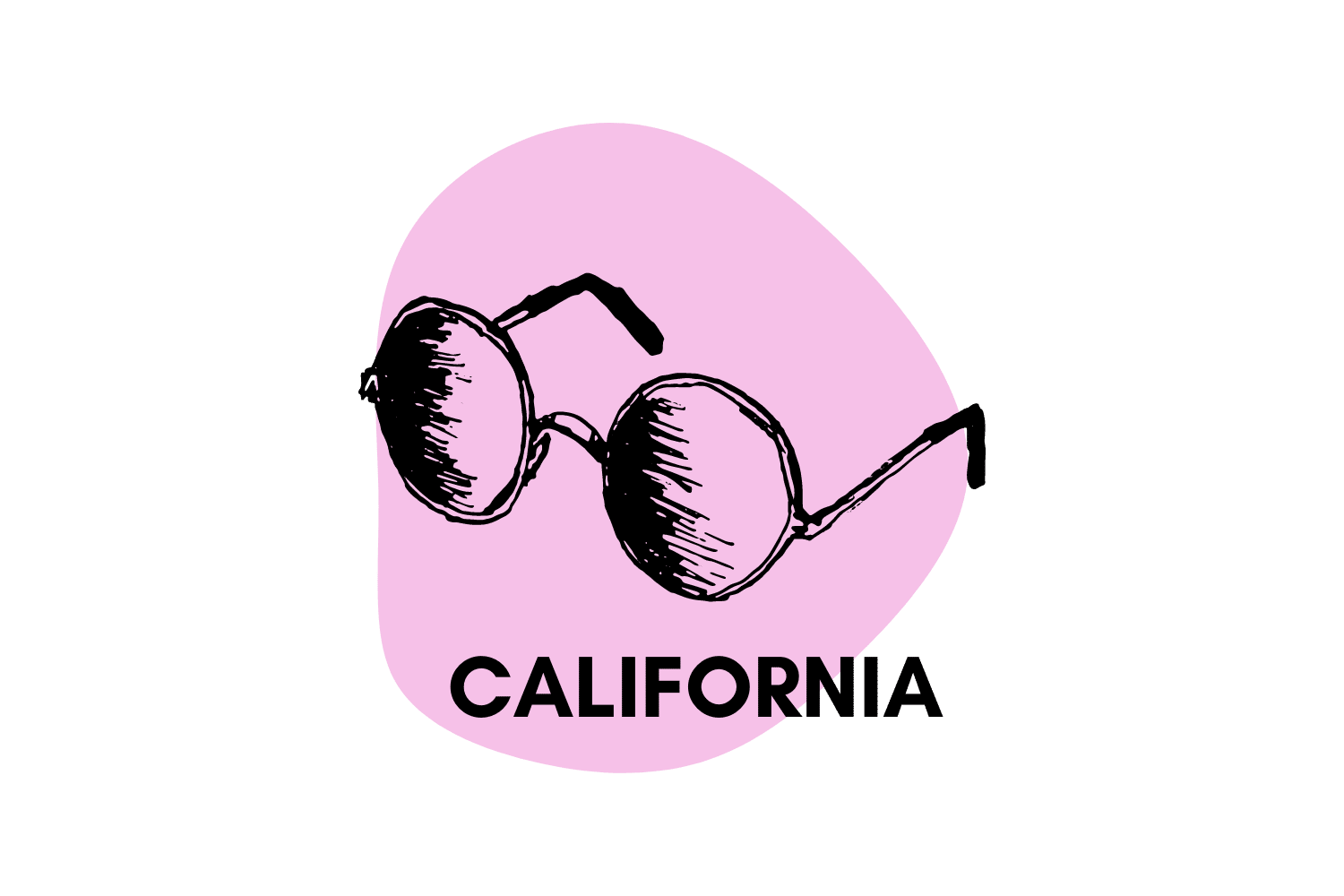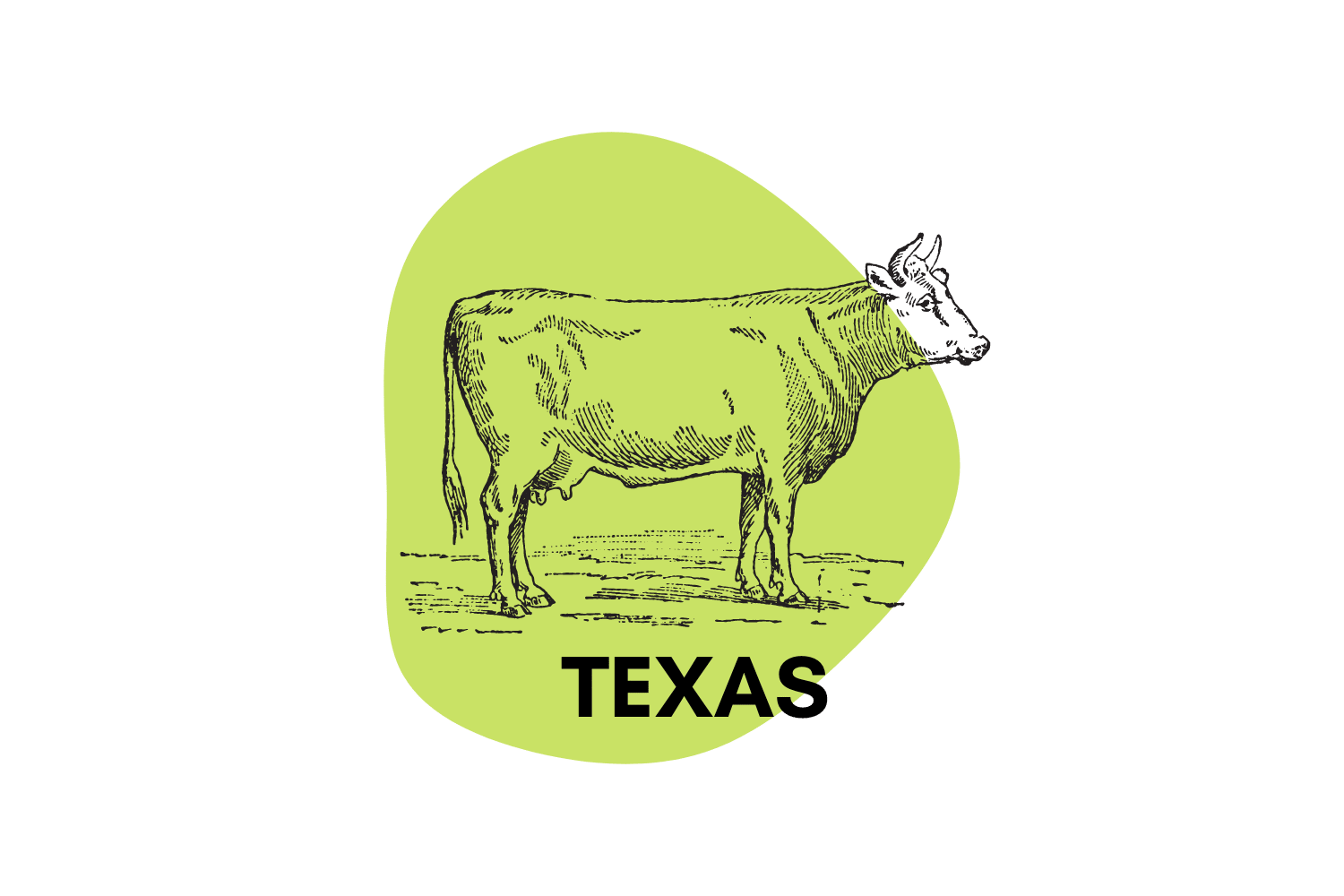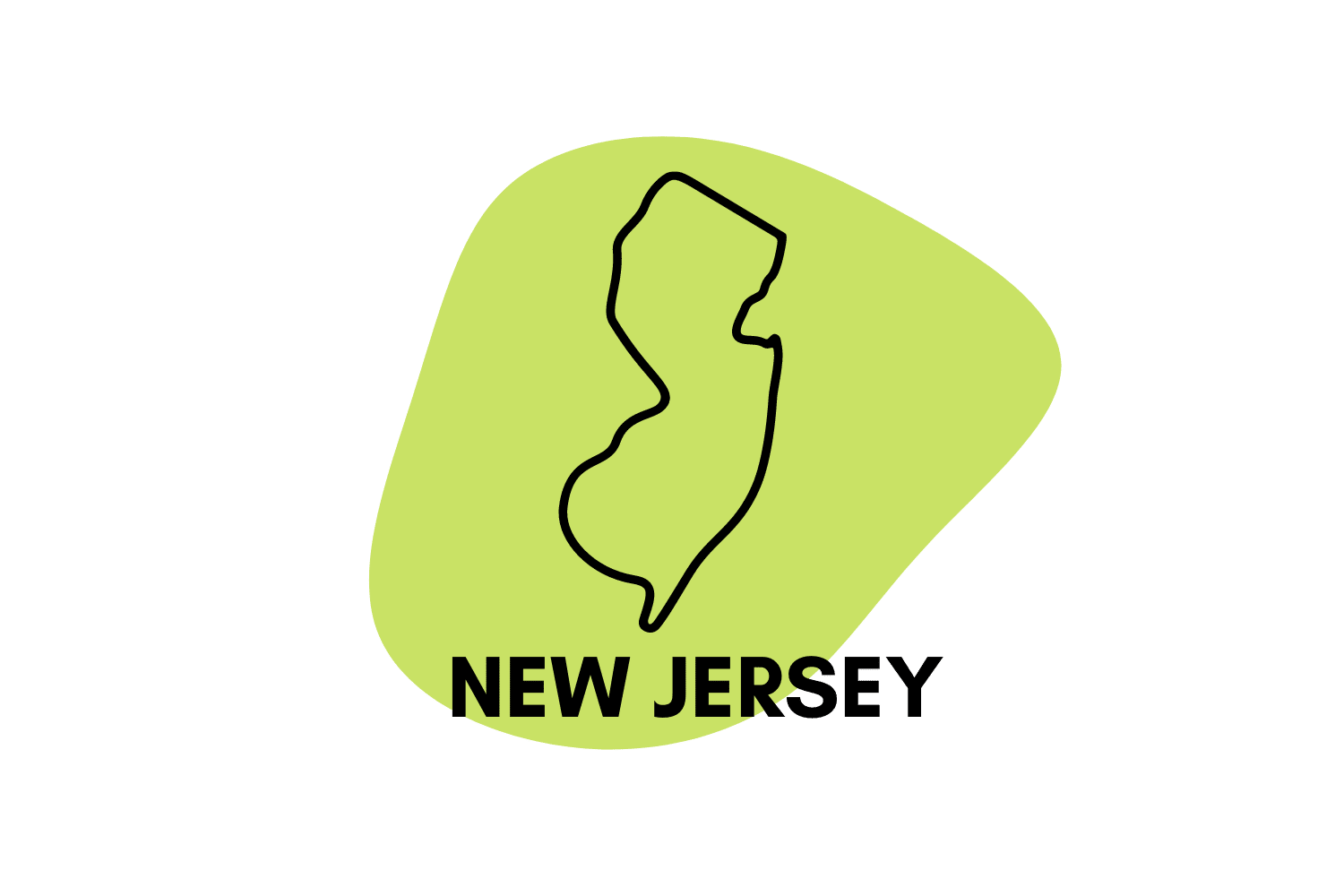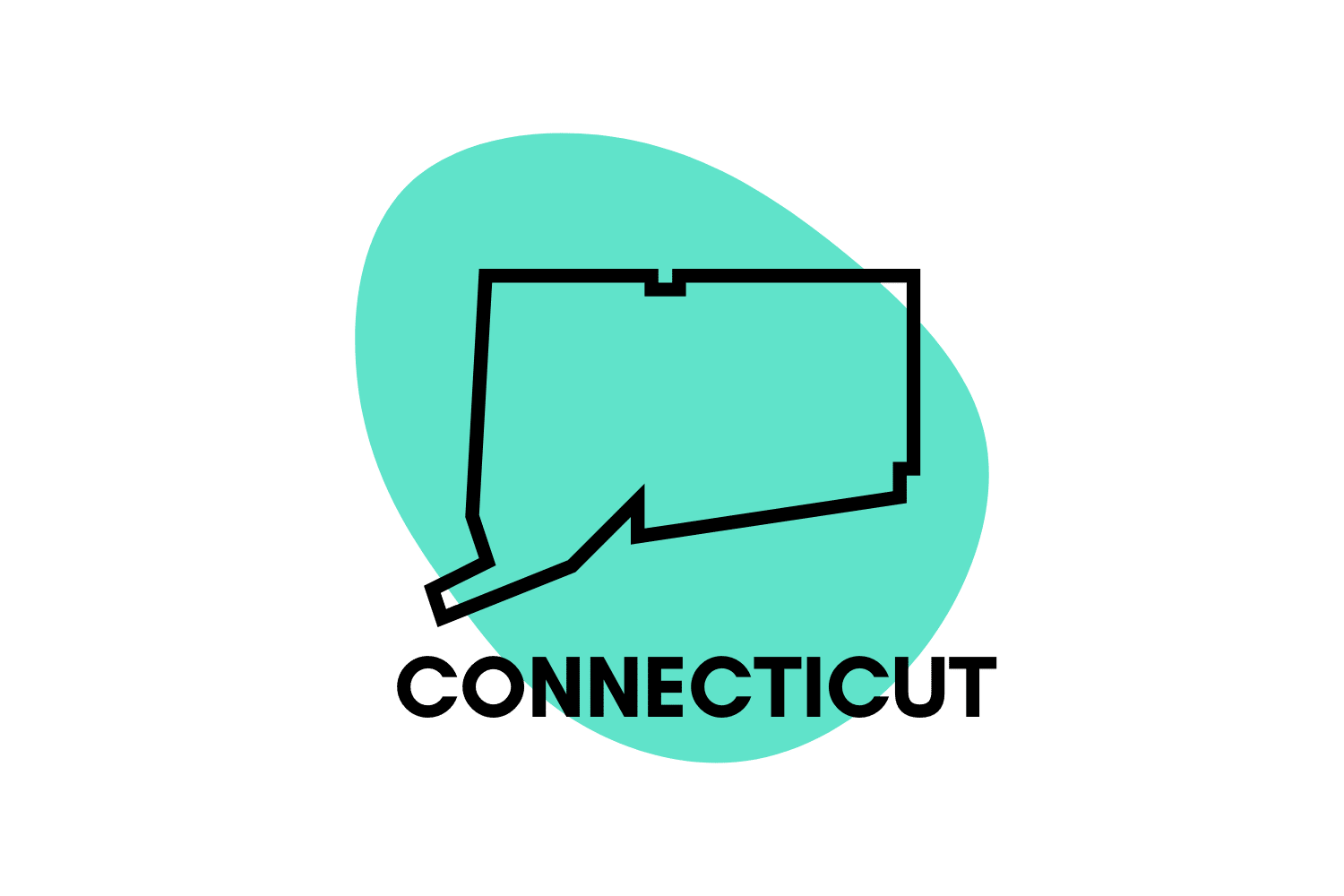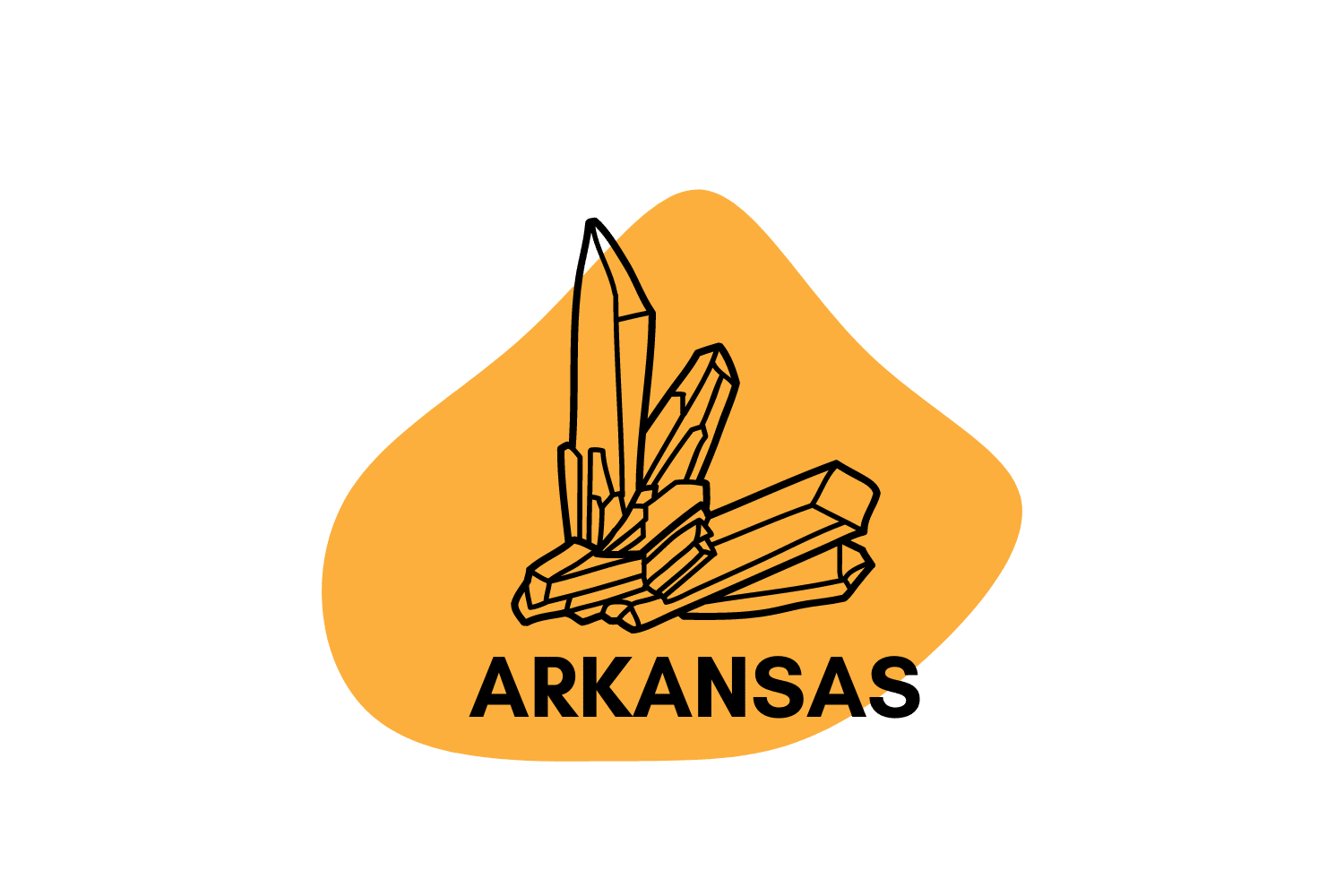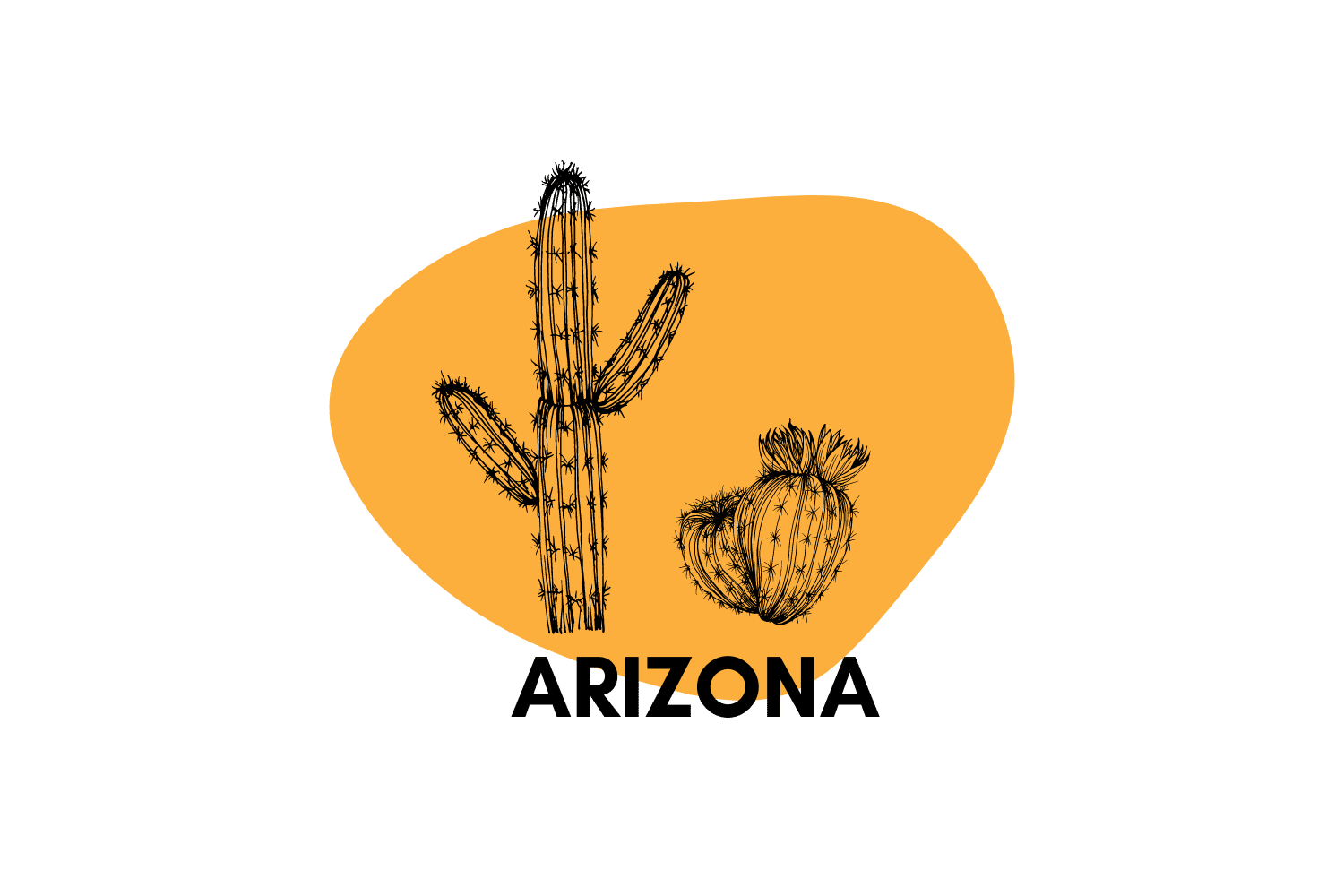Efforts to Delay or Ban Oregon Psilocybin Program Reveal Urban/Rural Divide
Oregon is the first — and only — state to decriminalize small amounts of all drugs. But there might be some issues with the way regulators aim to collect user data.

In November 2020, Oregon became the first state to legalize psilocybin. Oregonians approved legislation that amends state law to require the Oregon Health Authority (OHA) to establish the Oregon Psilocybin Services Program (OPSP). After a two-year development period, beginning in January 2023, the measure will allow licensed, regulated production, processing, delivery, and possession of psilocybin.
The legislation also allows local jurisdictions to opt out of allowing psilocybin services within their borders, and in the November 8, 2022, general election, the majority of Oregonians did just that. However, most of the state’s most populous cities and counties are gearing up to implement the program on schedule.
In this article, we will explore the particulars of the Oregon Psilocybin Services Program. We will also highlight the documented benefits of psilocybin and identify the areas in the state that voted to opt out of the program and the areas moving forward to bring the program to fruition.
Oregon First to Allow Psilocybin Treatment Facilities
In November 2020, Oregon passed Measure 109, also known as the Oregon Psilocybin Services Act, making it the first state to legalize the therapeutic use of psilocybin. After a two-year development period (which ends January 2023), the measure allows individuals at least 21 years old to purchase, possess, and consume psilocybin at a licensed psilocybin service center with a licensed psilocybin service facilitator.
The measure does not legalize the purchase, possession, or consumption of psilocybin — a Schedule 1 Controlled Substance — outside of licensed premises. It also does not allow people to buy psilocybin and take it home, and it will not be legal to consume it without the guidance or oversight of a licensed therapist.
The Oregon Psilocybin Services Act was written by Sheri and Thomas Eckert, husband and wife psychotherapists and founders of the Oregon Psilocybin Society (OPS). According to the OPS, evidence supports its belief that psilocybin-assisted therapy is not only safe but could be effective in addressing suicide, depression, anxiety, PTSD, and addiction.

Measure Includes Provision to Opt-Out of Program
Measure 109 allows Oregon cities and counties to place referendums on local ballots to either allow or deny psilocybin product manufacturers or service centers in unincorporated areas within their jurisdictions.
According to the measure, all cities and counties in the state automatically opt in unless they elect to adopt an opt-out ordinance in a general election before the program begins in January 2023. The measure prohibits psilocybin service centers within the limits of an incorporated city or town.
In the November 8, 2022, general election, two years after the landmark 2020 vote to allow psilocybin use in the state, 25 of Oregon’s 36 counties and more than 100 cities — almost 70% of the state’s population — exercised the opt-out clause and voted to ban psilocybin use.
Sam Chapman, campaign manager for the Measure 109 campaign, said that the controversial measure would have had a much more difficult time passing in 2020 without the option to opt out of the program. “Including the opt-out option was a political calculation we made,” he said. The measure passed with 56% of Oregonians voting in favor of it.
Opposition to the Program Mostly in Rural Areas of the State
Although an overwhelming majority of Oregon’s cities and counties voted to not participate in the psilocybin program, these votes came primarily from the rural areas of the state. The state’s ten largest cities did not opt out of the program, including Portland, Eugene, and Salem. Several counties are preparing to open the doors of their psilocybin clinics in late January 2023.
According to Angela Allbee, Manager for the Oregon Psilocybin Services Section (OPSS), the agency setting up and regulating psilocybin laws and clinics for the state; the opt-out votes will mostly impact Oregonians who live outside the state’s major municipalities.
“It’s a hurdle for folks that want to access psilocybin services and live in rural, isolated parts of the state,” Allbee said. “The burden is truly on the people that want to access services,” she added.
The locations of the opt-out bans are pretty much in line with how counties voted on Measure 109 two years ago. All counties that voted against psilocybin legalization in 2020 banned it in their jurisdictions in the November 8, 2022, general election. Only 15 counties approved the measure in 2020, which was enough votes to get a 56% majority and pass the measure.
Psilocybin Benefits Well Documented
Psilocybin is a naturally-occurring psychedelic compound found in over 200 species of molds, yeast, mushrooms, and toadstools. In addition to the potential mental health benefits mentioned above, reputable institutions have documented various health benefits of psilocybin. Among them:
- Chronic pain
- Cluster Headaches
- Depression
- Existential Anxiety
- Obsessive/Compulsive Disorder
- Post Traumatic Stress Disorder (PTSD)
Matthew W. Johnson, Ph.D., a professor of psychiatry at Johns Hopkins University, says that research shows that the most promising use for psilocybin is for treating addictions to cocaine, opioids, and alcohol.
Because it has shown to be a viable treatment for major depressive disorder (MDD), the U.S. Food and Drug Administration (FDA) has granted psilocybin “breakthrough therapy status.” Breakthrough therapy status is “a level of legalization that allows researchers to expedite the development of a drug after preliminary evidence shows the drug may demonstrate substantial improvement over available therapy.”
Pros & Cons of Oregon Measure 109
It’s not only a “city-country” divide on the issue of the psilocybin clinics. Several prominent state organizations, including the Oregon Psychiatric Physicians Association (OPPA) and the American Psychiatric Association (APA), opposed the passage of Measure 109.
The Oregon Psilocybin Society was the primary proponent of Measure 109. According to the OPS, Measure 109 will establish a regulated psilocybin therapy program in the state and open the door to research from major institutions. Other benefits proponents perceive are:
- Oregonians with mental health and addiction issues will have better access to treatment if psilocybin substances are more readily available.
- The program is designed to protect patients and assure positive outcomes by making the substances available under strictly regulated conditions.
- The use of psilocybin will occur only in a controlled environment under the supervision of licensed and trained personnel.
However, according to the OPPA, “Measure 109 is unsafe and makes misleading promises to Oregonians who are struggling with mental illness.” Other concerns expressed by opponents include:
- The U.S. is still assessing the impact of decriminalizing and legalizing marijuana, and it might be too early to move into experiments with psychedelics.
- Therapy could interact negatively with other medications.
- The use of nonmedical facilitators to administer psilocybin therapy is “dangerous.”
- A diagnosed illness should be required for treatment to be approved.

Psilocybin Program Next Step in Oregon Drug Policy Reform
The recent rejection of state-sponsored psilocybin clinics by Oregon voters belie the state’s leadership in drug policy reform. It was the first state, in 1973, to decriminalize marijuana possession. In 2014, it became the first state to legalize the recreational use of marijuana.
On the ballot with Measure 109 in November was Measure 110. Its passing made Oregon the first — and only — state to decriminalize small amounts of all drugs.
The overwhelming vote to opt out of the Oregon Psilocybin Services Program by rural cities and counties has no significant impact on the program’s future. In August 2022, the Oregon Health Authority (OHA) completed the proposed rules for the program, including advertising policies, safety guidelines to make sure patients get home safely after treatment, licensing fees, and more.
The Oregon Health Authority will begin accepting applications for clinic licenses for the Oregon Psilocybin Services Program on January 2, 2023. Clinic doors are expected to start opening later in the year.


